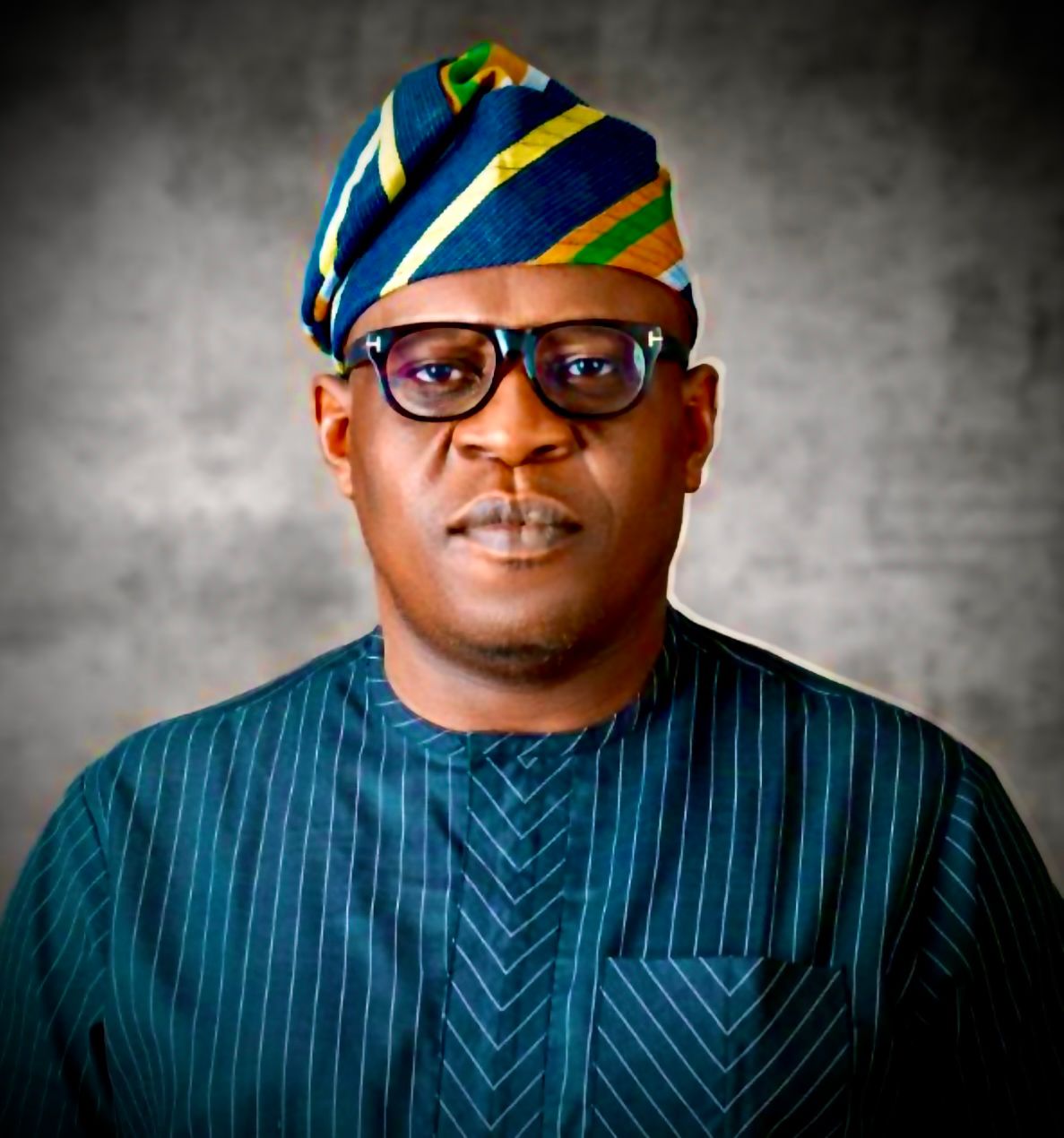Filmmakers and content creators have been called upon to continue pushing the boundaries of creativity while also embracing responsibility.
The Executive Director, National Film and Video Censors Board (NFVCB), Dr Shaibu Husseini, made this clarion call during the 4th edition of the Peace Anyiam Osigwe Nigeria Digital Content Regulation Conference held recently at Four Points by Sheraton, Victoria Island, Lagos.
Hosted by the Censors Board, the event had several dignitaries in attendance with the founder/chairman of EbonyLife Group, Dr. Mo Abudu delivering the keynote address.
Speaking, Shaibu Husseini said he’s thrilled to see such a gathering of experts and stakeholders in the Nigerian motion picture industry. “As we are gathered to exchange ideas, forge new partnerships and chart a course for Nigeria’s digital content regulation, I want to emphasise the importance of collaboration and cooperation in our shared goal of promoting a vibrant and responsible creative sector.
“In fact, the whole idea of the digital content regulation conference, which was named after the late iconic writer, filmmaker and producer, Peace Anyiam-Osigwe and which I must credit my predecessor, Alhaji Adedayo Thomas for birthing, is to provide a platform for industry professionals, thought leaders, operators and innovators to share knowledge, collaborate and network especially in the face of the continued shift from traditional to digital consumption of content in Nigeria.
“Since our work has the power to shape minds and influence culture, it’s crucial that we balance artistic expression with sensitivity and respect for our audience. By doing so, we are not only upholding the integrity of our industry, but also contributing to a more informed and empathetic society,” he declared.
With the theme: ‘Film and Video Regulation in the Digital Age: Balancing Creativity and Responsibility’, the conference had a total of 12 panel discussions and featured over 36 panelists including Mildred Okwo, Kene Okwuosa, Francis Onwuchie, Joy Odiete, Ope Ajayi, Michael Williams, Funmi Onuma, Naz Onuzo, Uche Agbo, Patrick Lee, Mary Njoku, Fidelis Duker, Ruth Kadiri, and Emeka Mba.
The discussions varied from developing narratives and contents for worldwide appeal, to regulation, legal and practical issues in the use of AI in film/TV production. There were also other topics like global distribution: cracking the formula of studio and independent film financing, strategies for higher returns and audience impact, preserving social cultural heritage, documenting and engaging new audiences, women in film and digital media, classification, collective management and collective bargaining in the digital era, as well as balancing creativity and responsibility.
In her keynote address, Abudu urged filmmakers not to lose the authenticity in telling the Nigerian and African stories to global audience. She also stressed the essence and need for collaboration, saying nobody can do it all alone.
Stakeholders in attendance included Tola Akerele, who represented the Minister for Arts, Culture, Tourism and Creative Economy, Barrister Hannatu Musawa, Senator Ben Bruce, George Anyiam-Osigwe, Kennedy Anyiam-Osigwe, Raymond Anyiam-Osigwe, Fidelis Duker, Joke Silva, Hon. Aisha Augie, Kareem Tajudeen Abisodun, Ibinabo Fiberesima, Andy Boyo, Charles Novia, and Segun Arinze.
Others were Abdulrazak Abdullahi, Kazeem Adeoti, Mahmood Alli-Balogun, Olumide Iyanda, Teco Benson, Adebukola Agbanioloja, Chioma Onyenwe, Mykel Parish Ajaere, Ike Nnaebue, Greg Odutayo, Francis Onwochei, Victor Okhai, Lancelot Imasuen, and Wunmi Toriola, who won an award for her film, Queen Lateefah.

